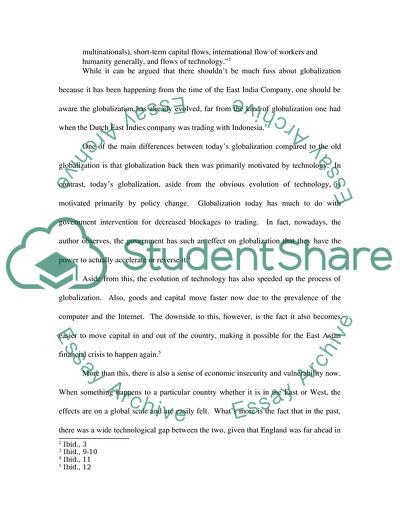Cite this document
(In Defense of Globalization by Jagdish Bhagwati Essay, n.d.)
In Defense of Globalization by Jagdish Bhagwati Essay. https://studentshare.org/sociology/1702803-summary-jagdish-bhagwati-anti-globalization-why
In Defense of Globalization by Jagdish Bhagwati Essay. https://studentshare.org/sociology/1702803-summary-jagdish-bhagwati-anti-globalization-why
(In Defense of Globalization by Jagdish Bhagwati Essay)
In Defense of Globalization by Jagdish Bhagwati Essay. https://studentshare.org/sociology/1702803-summary-jagdish-bhagwati-anti-globalization-why.
In Defense of Globalization by Jagdish Bhagwati Essay. https://studentshare.org/sociology/1702803-summary-jagdish-bhagwati-anti-globalization-why.
“In Defense of Globalization by Jagdish Bhagwati Essay”. https://studentshare.org/sociology/1702803-summary-jagdish-bhagwati-anti-globalization-why.


